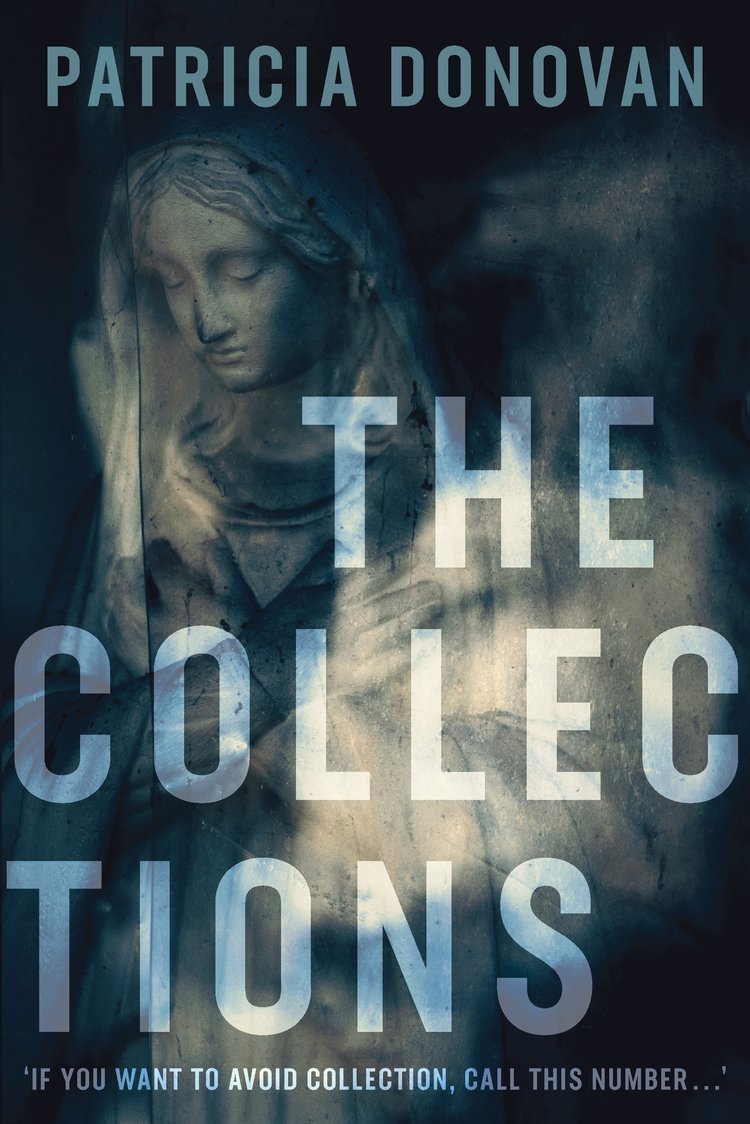THE COLLECTIONS
Patricia Donovan
Mary Egan Publishing
Most of us deal with the fear of death by considering it in the abstract, as something that will happen to us one day but nothing to worry about now. But what would it be like to live with the knowledge of exactly when that day will arrive?
The Collections, by Christchurch-born Patricia Donovan, is set in a near-future where, in the face of uncontrollable climate change and a global population pushing 10 billion, people are required to sacrifice themselves for the planet after their biblical three score years and 10.

But after watching her husband calmly driven off to his death, Claris realises that she is not ready to follow him and starts planning her escape.
The story is presented as memoir, a technique that distances the reader slightly from the action and allows her to explore her own ambivalence.
The details of the Collection process are horrifying (‘‘clients’’ are sedated, euthanised with a similar cocktail of drugs as that used to execute prisoners, mulched in an industrial blender, and ‘‘gifted’’ to a seedling tree), but Claris’ practical, matter-of-fact description perfectly illustrates the way that we, as a society, find ways to accommodate all manner of unpleasant truths.
She does not deny her complicity, nor does she condemn the practice per say, but comes to recognise the ethical arguments in favour of euthanasia - the right to choose the time and manner of one’s own death - also constrain it.
It is an important message, but one that is delivered with dark humour and an acknowledgement of moral complexity. Meanwhile, Claris is a perfect example of why we should never underestimate the older generation.
Cushla McKinney is a Dunedin scientist












